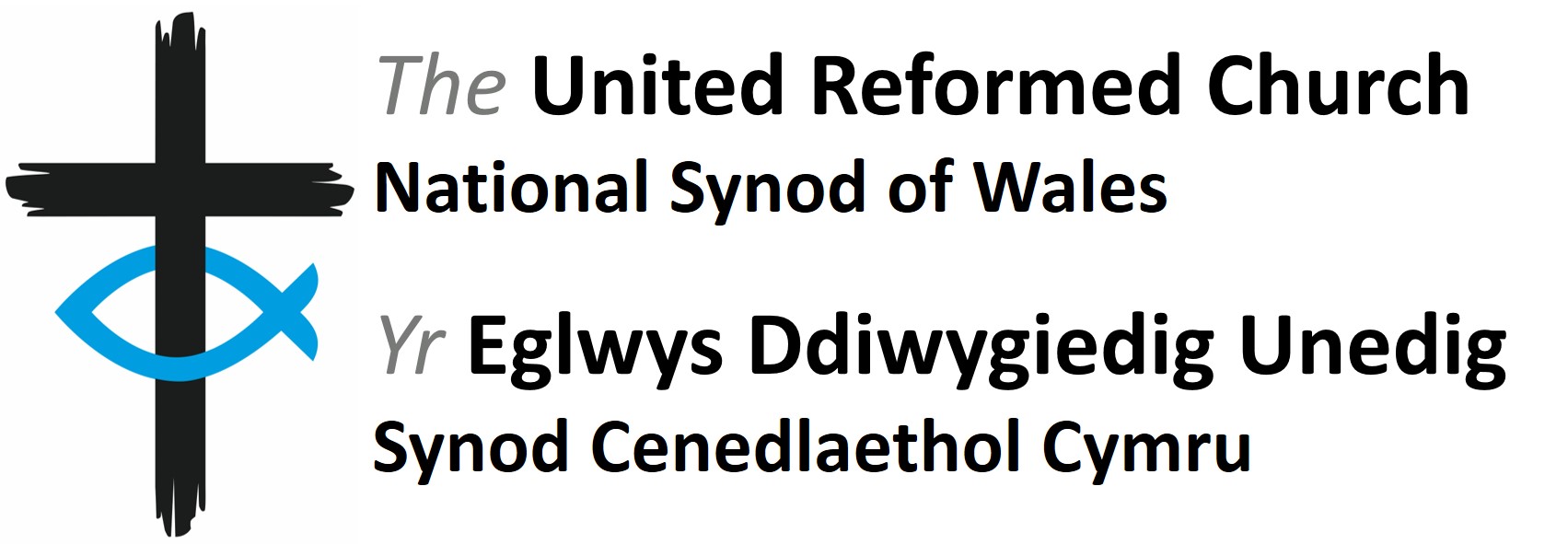Politics is one of the key ways that the implications of our Christian commitment to loving our neighbours and to seeking justice are worked through in the public sphere. And elections are the one time when (almost) everyone is invited to be part of the political process, by making a choice about who to vote for. So for churches, it’s very relevant to be encouraging engagement and participation, and to be helping people to think and pray about the choice they will make. – JPIT
A UK General Election has been called for Thursday 4 July 2024.
The URC is a socially engaged church, following Jesus’ example to challenge and transform the unjust structures of society. As part of this mission, our General Assembly have often passed resolutions which include encouragement to local churches to engage with election candidates on specific issues. Most recently resolutions have been passed calling out structural poverty and the stigmatisation and discrimination shown towards those in poverty in the UK (General Assembly 2023 Resolution 31), and objecting to the Illegal Migration Bill (General Assembly 2023 Resolution 73).
Below you can find links to resources which can help your local church engage with candidates in various ways and help to enfranchise your local community.
Voter Registration
In the upcoming general election, it is estimated that 26 million people won’t vote because they are not registered, don’t have suitable photo ID or are apathetic. Many of the people who are statistically less likely to vote belong to the most marginalised and disadvantaged groups in our society.
To help combat this, your church could consider signing up to be a Voter Registration Champion or have a designated Voter Registration Sunday on or before 16th June.
Find out more about these schemes and other ways you can encourage voter registration on the website of JPIT, the Joint Public Issues Team of the Baptist Union of Great Britain, the Methodist Church and the United Reformed Church.
Voter ID
This will be the first General Election in which everyone will be required to show photographic ID in order to vote. If you or someone in your community doesn’t have ID, you can apply for a free Voter Authority Certificate.
Research shows that a significant number of people are still unaware of this requirement and so we encourage you to help spread the word.
JPIT have collated guidance on acceptable ID and how to apply for a Voter Authority Certificate, along with a poster that you can display to publicise this requirement.
Getting to Know the Issues
Before you engage with candidates, you can get up to speed on the issues that matter most to you.
JPIT produce briefing notes and resources on many issues that will be important to local churches. Visit their website and click the Issues tab in the main menu to explore what they have available.
Cytûn have collated links to resources and statements produced by denominations and Wales and other relevant organisations on their website.
Churches Together in Britain and Ireland’s election website churcheselection.org.uk has links to campaigns and resources from denominations and other faith-based organisations, including Let’s End Poverty, and Christian Aid.
Getting Engaged
Now you’re ready to vote and you have a handle on the issues that are most important to you, what can you do to engage with your local candidates?
Visit churcheselection.org.uk for guidance on hosting a hustings event and other ways you can get involved. On this website you will also find the latest public statements and resources from denominations across the UK and news of events you can attend. New resources are being added all the time so it’s worth checking back for the latest guidance.
Operation Noah, established in 2004 as a Christian response to the climate crisis, have also produced a general election pack for churches which also includes resources specifically aimed at young people.
Christian Aid have produced crib sheets on the key issues and guidance on engaging with candidtates. They will also be hosting regular Faith in Action drop in sessions online to keep you up to date and motivated.
Guidance on hosting a hustings event at your church is also available in Welsh from Cytûn.
The Welsh Context
Please note: At this election you will be selecting your representative to the UK Parliament at Westminster. In Wales, matters relating to the following areas are devolved to the Senedd. Decisions made by the UK Parliament on these matters are related to England only. It should be noted, however, that the UK Parliament does determine the amount of funding the Senedd receives and, therefore, how much is available to spend in these areas.
The next Senedd election is due to take place on Thursday 7 May 2026.
Matters currently devolved to the Senedd:
- Agriculture, fisheries, forestry and rural development
- Culture
- Economic development
- Education and training
- Environment
- Health and health services
- Highways and transport
- Local government
- Tourism
- Welsh language
Image by John Mounsey from Pixabay

